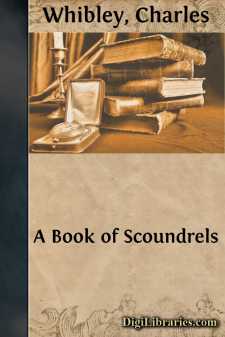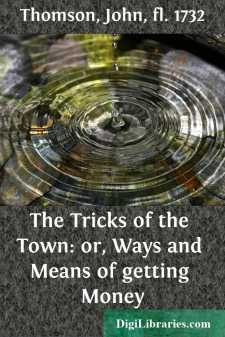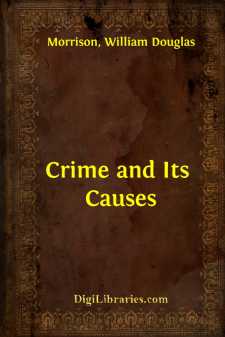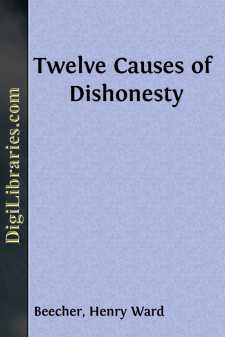Categories
- Antiques & Collectibles 13
- Architecture 36
- Art 48
- Bibles 22
- Biography & Autobiography 813
- Body, Mind & Spirit 142
- Business & Economics 28
- Children's Books 17
- Children's Fiction 14
- Computers 4
- Cooking 94
- Crafts & Hobbies 4
- Drama 346
- Education 46
- Family & Relationships 57
- Fiction 11829
- Games 19
- Gardening 17
- Health & Fitness 34
- History 1377
- House & Home 1
- Humor 147
- Juvenile Fiction 1873
- Juvenile Nonfiction 202
- Language Arts & Disciplines 88
- Law 16
- Literary Collections 686
- Literary Criticism 179
- Mathematics 13
- Medical 41
- Music 40
- Nature 179
- Non-Classifiable 1768
- Performing Arts 7
- Periodicals 1453
- Philosophy 64
- Photography 2
- Poetry 896
- Political Science 203
- Psychology 42
- Reference 154
- Religion 513
- Science 126
- Self-Help 84
- Social Science 81
- Sports & Recreation 34
- Study Aids 3
- Technology & Engineering 59
- Transportation 23
- Travel 463
- True Crime 29
A Book of Scoundrels
by: Charles Whibley
Categories:
Description:
Excerpt
INTRODUCTION
There are other manifestations of greatness than to relieve suffering or to wreck an empire. Julius Cæsar and John Howard are not the only heroes who have smiled upon the world. In the supreme adaptation of means to an end there is a constant nobility, for neither ambition nor virtue is the essential of a perfect action. How shall you contemplate with indifference the career of an artist whom genius or good guidance has compelled to exercise his peculiar skill, to indulge his finer aptitudes? A masterly theft rises in its claim to respect high above the reprobation of the moralist. The scoundrel, when once justice is quit of him, has a right to be appraised by his actions, not by their effect; and he dies secure in the knowledge that he is commonly more distinguished, if he be less loved, than his virtuous contemporaries.
While murder is wellnigh as old as life, property and the pocket invented theft, late-born among the arts. It was not until avarice had devised many a cunning trick for the protection of wealth, until civilisation had multiplied the forms of portable property, that thieving became a liberal and an elegant profession. True, in pastoral society, the lawless man was eager to lift cattle, to break down the barrier between robbery and warfare. But the contrast is as sharp between the savagery of the ancient reiver and the polished performance of Captain Hind as between the daub of the pavement and the perfection of Velasquez.
So long as the Gothic spirit governed Europe, expressing itself in useless ornament and wanton brutality, the more delicate crafts had no hope of exercise. Even the adventurer upon the road threatened his victim with a bludgeon, nor was it until the breath of the Renaissance had vivified the world that a gentleman and an artist could face the traveller with a courteous demand for his purse. But the age which witnessed the enterprise of Drake and the triumph of Shakespeare knew also the prowess of the highwayman and the dexterity of the cutpurse. Though the art displayed all the freshness and curiosity of the primitives, still it was art. With Gamaliel Ratsey, who demanded a scene from Hamlet of a rifled player, and who could not rob a Cambridge scholar without bidding him deliver an oration in a wood, theft was already better than a vulgar extortion. Moll Cutpurse, whose intelligence and audacity were never bettered, was among the bravest of the Elizabethans. Her temperament was as large and as reckless as Ben Jonson's own. Neither her tongue nor her courage knew the curb of modesty, and she was the first to reduce her craft to a set of wise and imperious rules. She it was who discovered the secret of discipline, and who insisted that every member of her gang should undertake no other enterprise than that for which nature had framed him. Thus she made easy the path for that other hero, of whom you are told that his band was made up 'of several sorts of wicked artists, of whom he made several uses, according as he perceived which way every man's particular talent lay.' This statesman—Thomas Dun was his name—drew up for the use of his comrades a stringent and stately code, and he was wont to deliver an address to all novices concerning the art and mystery of robbing upon the highway....












